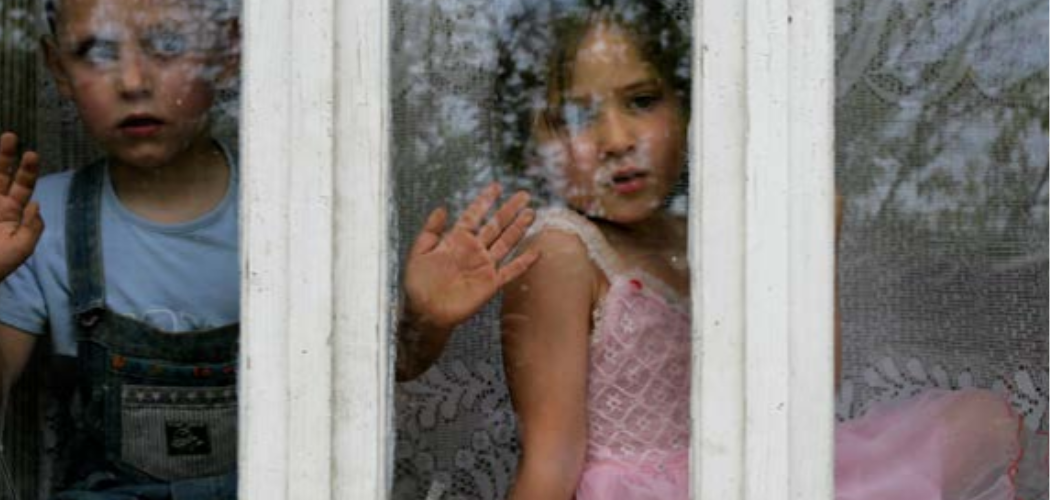DataCare informs international recommendations to improve data collection on children in alternative care
International stakeholders such as Eurostat, the European Commission, and OECD gathered in Geneva for the 70th Conference of European Statistician to approve new guidance about statistics on children, which includes developments from DataCare, a joint project of Eurochild and UNICEF.
In June, the 70th Plenary of the Conference of European Statisticians (CES), convened under the United Nations Economic Commission for Europe, adopted a new Guidance on statistics on children: spotlight on children exposed to violence, in alternative care, and with disabilities.
Indicators developed and evidenced in Eurochild and UNICEF’s DataCare project have been included in this new Guidance and its final recommendations to National Statistical Offices (NSOs) across Europe and beyond. These recommendations call on countries to:
- develop and adopt standardised definitions and classifications for alternative care;
- measure the stock, inflow, and outflow of children in alternative care, as a minimum requirement;
- adopt a standard set of disaggregation variables for children in alternative care including age and sex;
- allocate resources to address incomplete coverage by ensuring collection, management, monitoring, and evaluation of data systems and statistics on children in alternative care;
- aim to learn from more advanced information systems that exist in their country such as in the health or education sectors.
Additionally, NSOs should assess the quality of national statistical surveys as well as administrative data for coverage of children in alternative care, particularly in residential and institutional care.
Why is this development important?
Despite international commitments and policy initiatives, statistics on children in alternative care are often missing or insufficient. While many countries do gather data on these children, international standards, definitions, and protocols to support the collection of such data are lacking.
Therefore, these recommendations, and their implementation, have the potential to make a real lasting difference in the lives of children in alternative care. With better data, we can design better children protection systems and hold governments accountable to ensure the best quality care for children deprived of parental care.
The Guidance also makes clear recommendations to improve data gathering and standardisation of definitions for children with disabilities and for children exposed to violence. In both cases, the lack of internationally agreed standards and limited data makes it difficult to assess the effectiveness of countries’ current investment and policies.
A win for better data and for better child protection in Europe
A core aim of the European Child Guarantee is to improve the availability and scope of national and EU-level data for children. For this reason, Member States’ National Action Plans should include assessments of the availability of data for specific groups of children, the identification of data gaps, and the establishment of national frameworks for data collection and monitoring indicators.
As part of our continued strategic partnership with UNICEF ECARO, Eurochild and our national experts – Dr. Isabelle Frechon in France; Professor Robbie Gilligan in Ireland; Sérgio Costa Araújo, Véronique Lerch and Vânia Pinto in Portugal; and Daniela Tarnovschi in Romania, have been engaging directly with country-level and EU stakeholders.
Together, we will continue to push the European Union to start measuring progress made in deinstitutionalisation and the transition from institutional to family and community-based care across countries in Europe.
Glossary
- Stock Data: the number of children present at one point in time. These data allow calculations such as the proportion of children in alternative care living in residential (or institutional) care.
- Flow Data: the number of children entering and leaving during a specified period
- Disaggregated variables: characteristics that have been broken down by detailed sub-categories.
A full list of relevant terms can be found in our DataCare Glossary.
Further readings
For more information on the DataCare project, visit the DataCare Project page or contact Ciaran O'Donnell from the Secretariat.





